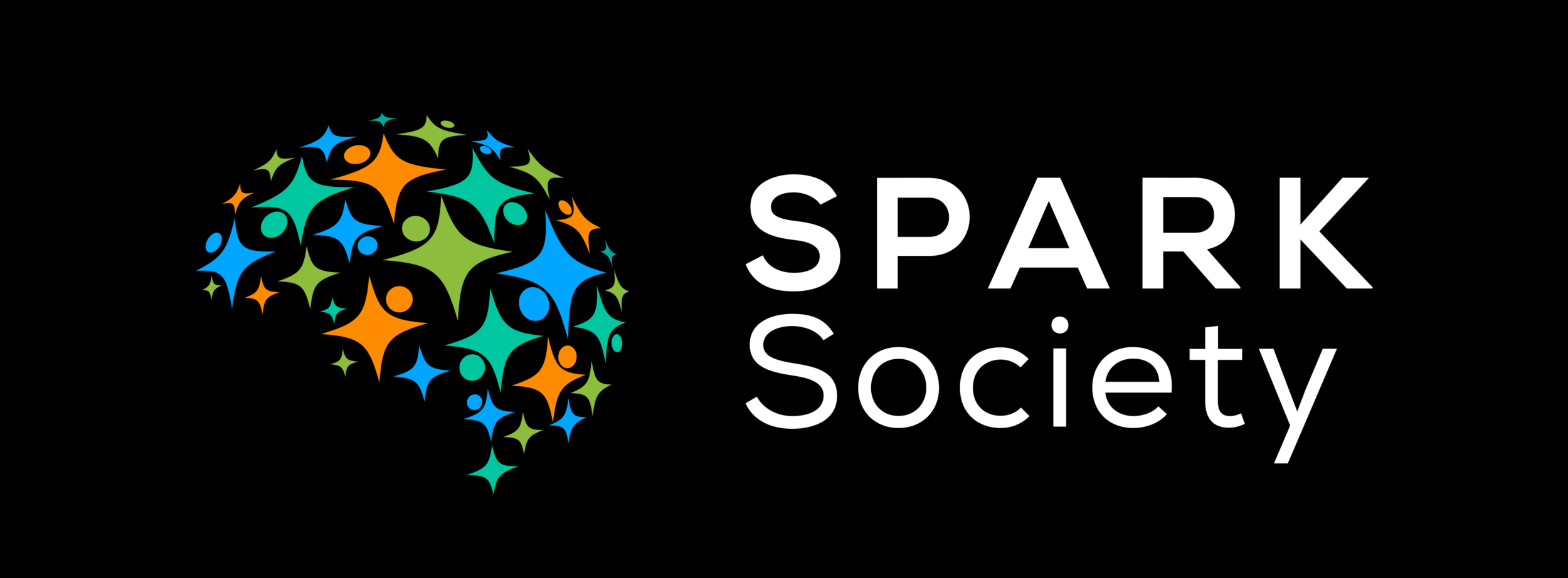Bridge to Independence Award Program
Website: https://www.sfari.org/grant/bridge-to-independence-award-request-for-applications/
Overview
The autism research community has expanded substantially in recent years and SFARI has contributed to this change by attracting outstanding established scientists to the field of autism. In order to sustain this level of scientific excellence in future years, SFARI developed the Bridge to Independence (BTI) Award program in 2015 in order to extend our support to promising early-career investigators. One of the most salient milestones in a scientific career is the transition from mentored fellowship to an independent position. Unfortunately, numerous factors within the modern biomedical ecosystem have also made this transition one of the most vulnerable attrition points in the academic career pipeline1. The SFARI BTI Award program was created to help mitigate this systematic issue and to encourage continued excellence in the autism research field.
Program Overview
The BTI Award program engages talented early-career scientists in autism research by facilitating their transition to research independence and providing grant funding at the start of their professorships. The annual RFA is aimed at Ph.D. and M.D.–holding scientists who are currently in training positions but intend to seek tenure-track research faculty positions during the upcoming academic year. Fellows will receive a commitment of $495,000 over three years, activated upon assumption of a tenure-track research professorship at a U.S. or Canadian research institution.
Importantly, although eligible applicants must be currently in a training position, the BTI Award itself is not a training fellowship but a research grant to newly appointed faculty. The program’s selection process is uniquely designed to enhance the BTI fellows’ job prospects by providing a letter that specifies SFARI financial commitment to the research project once the BTI fellow has secured a suitable faculty position. For more information on eligibility requirements and the funding process, see the RFA section.
The BTI Award program welcomes applications that span the breadth of science that SFARI normally supports, including genetics, molecular mechanisms, circuits and systems, and clinical science. For reference, please see the list of current BTI fellows and of all SFARI Investigators, as well our postings on SFARI scientific priorities.
While we encourage applications from scientists who are working on autism-related projects, we would like to stress that this award is also open to researchers who are not currently working on autism but who are interested in starting research projects in this area and who have expertise that could be brought to bear on this complex condition.
Applications from groups that have been historically underrepresented or excluded in the biomedical workforce, including but not limited to racial and ethnic groups, sexual orientation and gender identities, individuals with mental/physical disabilities and those from economically disadvantaged backgrounds, are encouraged.
During their transition year, BTI fellows also receive a $10,000 designated gift through the SFARI Bridge to Independence Professional Development fund and valuable feedback from SFARI science staff during the job negotiation process. Throughout their tenure in the BTI program, fellows also participate in a variety of community building activities, such as professional development workshops, and participation in annual BTI fellows retreats and SFARI science meetings.
BTI Fellows
Since 2015, the program has supported 37 fellows, many of whom have thriving careers as independent investigators conducting impactful autism research. For more information, please see the Simons Foundation 2020 Annual Report article on the BTI program’s five-year anniversary, as well as SFARI Conversations with J. Elliott Robinson (a 2019 BTI fellow) and Aakanksha Singhvi (a 2016 fellow).
Neuroscience Collaborations Transition to Independence Programs
In addition to SFARI, two other Simons Foundation divisions called the Simons Collaboration on the Global Brain (SCGB) and the Simons Collaboration on Plasticity and the Aging Brain (SCPAB), are now offering Transition to Independence (TTI) Awards. More information about the SCGB TTI and SCPAB TTI programs can be found on their respective pages.
A chart of the differences among the SFARI BTI, SCGB TTI, and SCPAB TTI programs can be found here (see FAQ Eligibility question 14).
